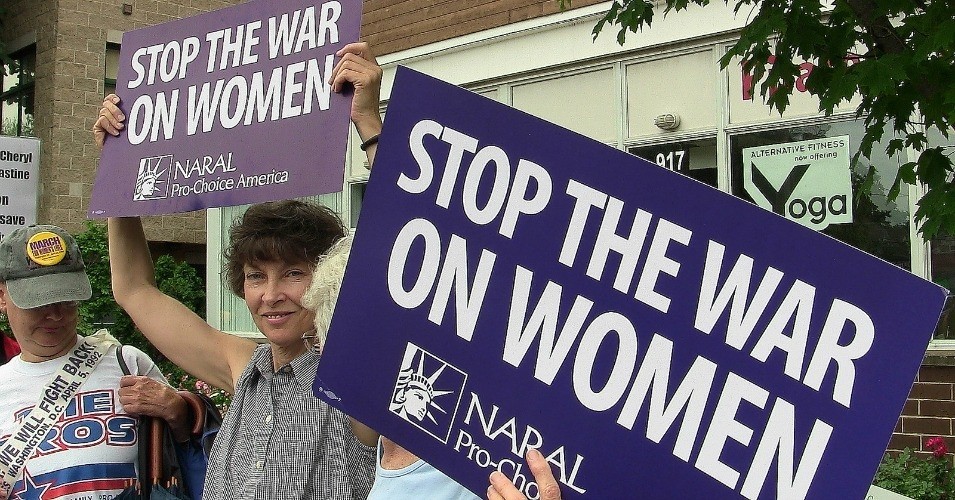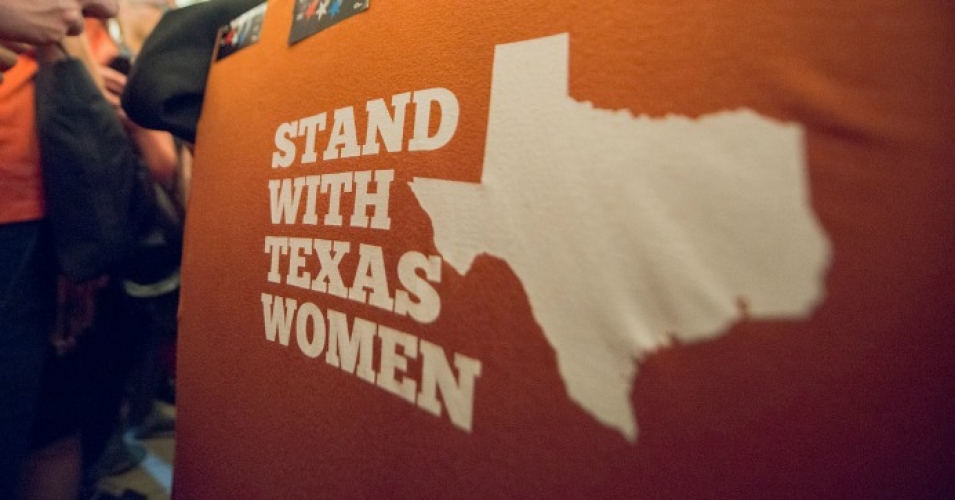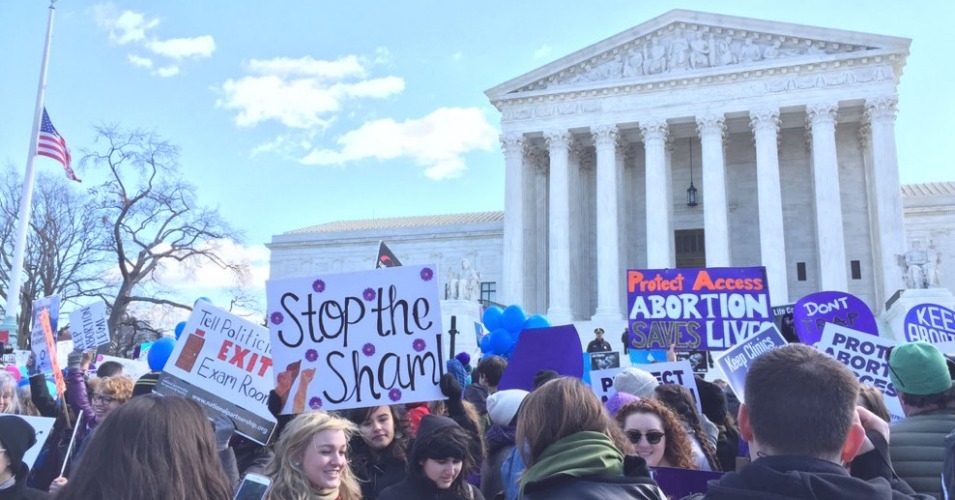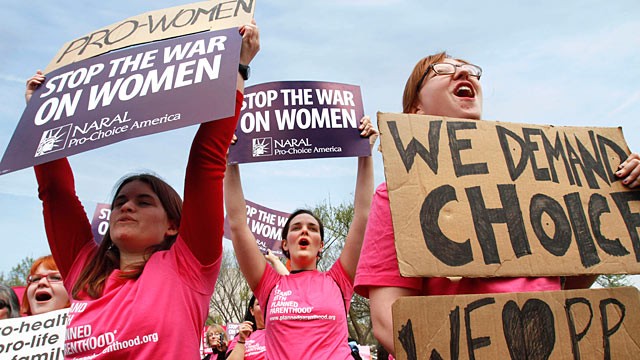“Republicans in Congress failed to take healthcare from millions—so they’re trying to ban abortion and take away bodily autonomy”
By Jessica Corbett, staff writer for Common Dreams. Published 10-2-2017
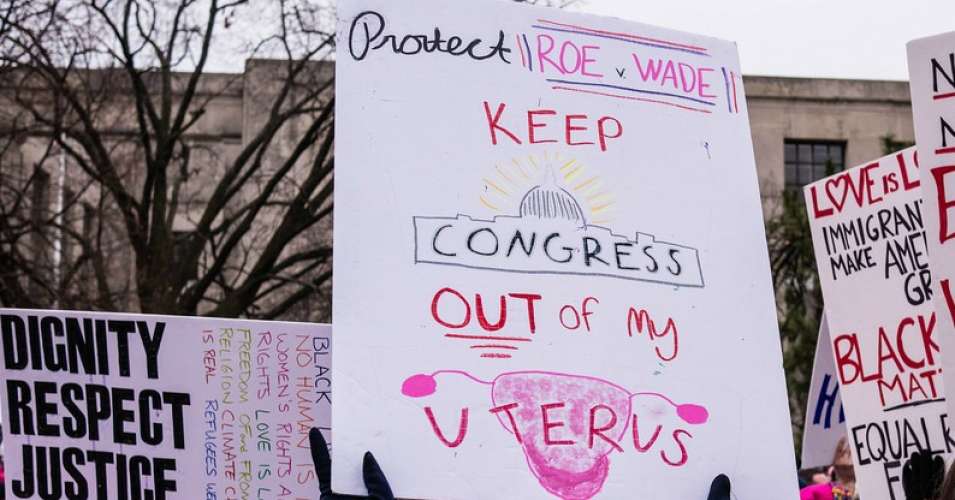
A participant in the Washington, D.C. Women’s March on Jan. 21, 2017 carried a sign promoting reproductive rights. (Photo: John Flores/Flickr/cc)
As the Republican-controlled U.S. House prepares to vote Tuesday on a bill that would ban abortion after 20 weeks of pregnancy nationwide, reproductive rights advocates are urging Americans to contact their congressional representatives and pressure them to oppose the measure.
The proposed law, H.R. 36 (pdf), outlaws terminating a pregnancy after 20 weeks unless it is the result of rape or incest, or a doctor determines that because of “a life-endangering physical condition”—but”not including psychological or emotional conditions”—abortion is medically necessary to save the life of the pregnant woman.
If an abortion is performed after 20 weeks because an exception, the bill instructs “the abortion must be performed by the method most likely to allow the child to be born alive unless this would cause significant risk to the mother.”
The House passed versions of this proposal multiple times under former President Barack Obama, who vowed to veto it if the bill made it to his desk.
However, similar measures already have been passed in states across the country. According to the Guttmacher Institute, which tracks restrictions on reproductive rights, 17 states “ban abortion at about 20 weeks post-fertilization or its equivalent of 22 weeks after the woman’s last menstrual period on the grounds that the fetus can feel pain at that point in gestation.”
“The bill, misleadingly labeled as the Pain-Capable Unborn Child Protection Act, is premised at least in part on the assertion that fetuses can experience pain starting at 20 weeks post-fertilization. However, that claim is not supported by the preponderance of scientific evidence,” the Guttmacher Institute’s director of public policy, Heather Boonstra, wrote for The Hill.
Boonstra denounced the bill’s “particularly callous and cruel rape and incest exceptions” that require a waiting period and consultations with additional providers, and outlines how “Congress and the Trump administration are moving in the wrong direction on contraceptive access” more broadly, concluding that “it’s clearer than ever that purported anti-abortion policies only serve an ideological agenda, but do not advance women’s health or public health more broadly.”
The bill is just the latest attack on women’s reproductive rights under the Trump administration. Several advocacy organizations have turned to social media in recent days to raise awareness about the House’s plan to vote on the measure Tuesday, and warn about the potential consequences of the proposed ban.
As Boonstra explained in her Hill op-ed: “Although the vast majority of abortions take place early in pregnancy, slightly more than one percent of abortions are performed at 21 weeks or later. A 20-week abortion ban would fall hardest on low-income women and women of color,” in part because “these are the very groups bearing a disproportionate burden of unintended pregnancies.”
Some have drawn connections between this revived proposal and congressional Republicans’ recent failed attempts to dismantle the Affordable Care Act and strip basic healthcare from millions of Americans with a healthcare bill that experts also warned would have been especially damaging for women.
Others have been quick to argue that the ban would be unconstitutional.
Ultimately, opponents of the bill agree that it would unfairly and unnecessarily harm women.
This work is licensed under a Creative Commons Attribution-Share Alike 3.0 License
